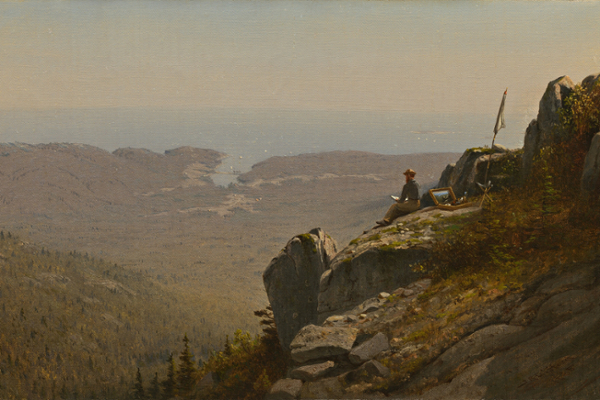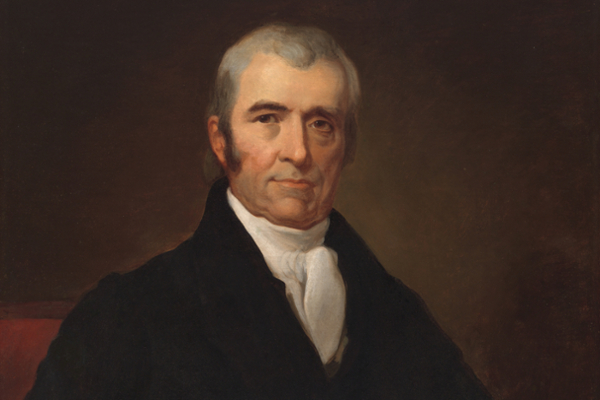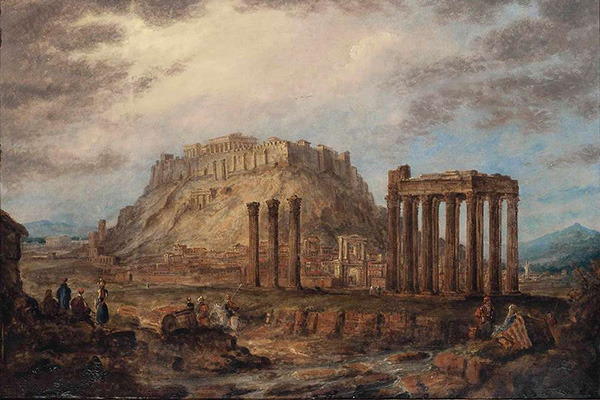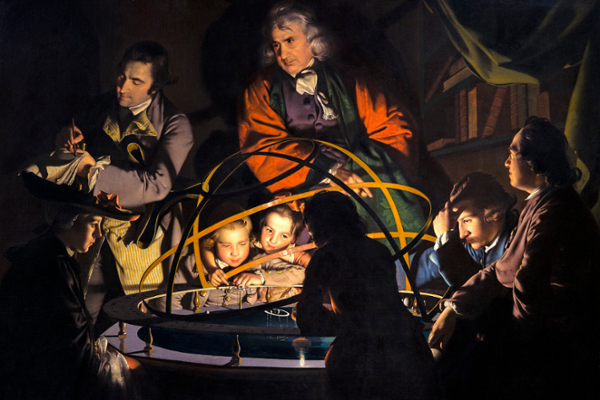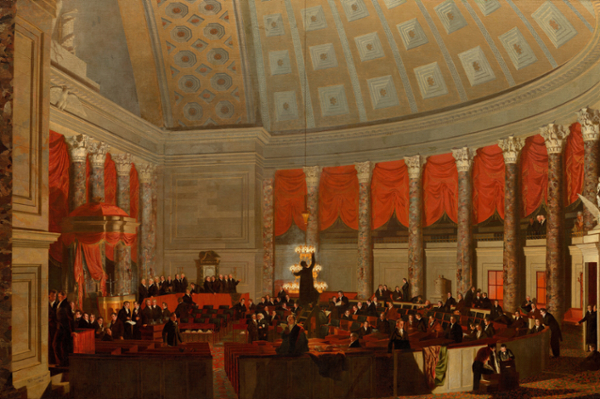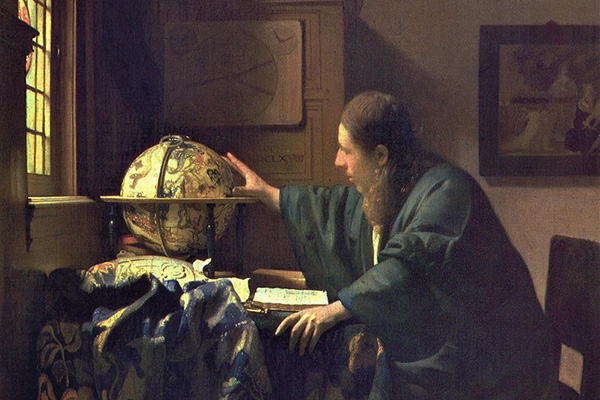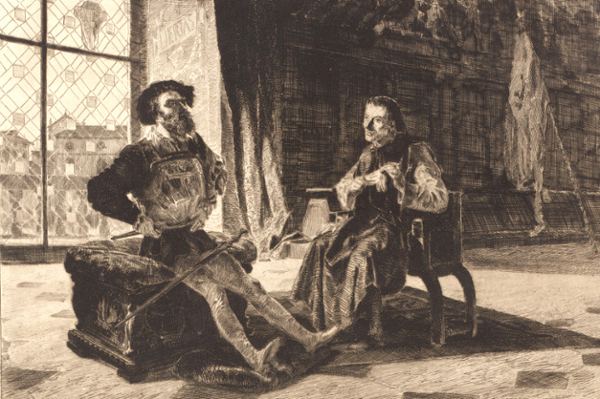
Introduction to Political Theory
An introduction to the major themes and thinkers in the Western tradition of political philosophy through texts that raise foundational questions of politics: Who should rule? What is justice? What is virtue, and how can it be achieved by laws and institutions? Readings include works by Plato, Aristotle, Machiavelli, Locke, the American founders and Nietzsche.

